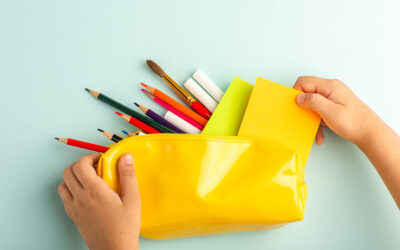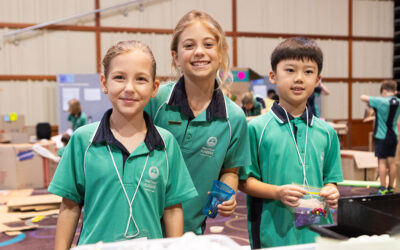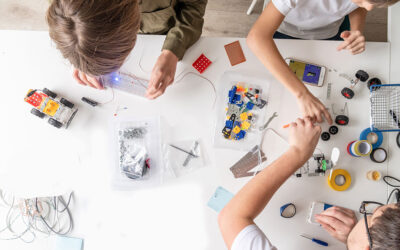Do you enjoy learning new things? Does your adult self shy away from situations that will require you to increase your knowledge? Those raised with a love of learning embrace new experiences.
Over recent years, a lifelong love of learning has become one of the must-haves of 21st-century learning, particularly as parents recognise the need to raise children capable of adapting to this rapidly changing world.
What is a love of learning?
Put simply, a love of learning is the desire to seek out new experiences and opportunities. Expanding their knowledge and skills is what motivates these people.
Dr Lesley Jones from Affinity Education Group’s Lifelong Learning Centres explains that fostering children’s love of learning, through rich and varied experiences, is critical to their development. It povides them with foundational learning dispositions and attitudes, such as resilience and persistence.
“Being resilient when things get tough and persisting through challenges and setbacks are life skills children need in the ‘here and now’, and as they grow through childhood,” Dr Jones says.
This trait is also something that employers increasingly want in their employees.
“We recognise children’s natural sense of curiosity and that thirst for exploring all things new and interesting,” Dr Jones says. “As early learning educators, this is one of those attitudes we want to nurture in all our students. It’s something we want to ensure doesn’t wane as a child grows up.”
Babies are born with an innate desire to learn, and many of their neurological pathways are formed in the first five years of life. Laying these learning foundations during the early years is critical.
Healthy beginnings: Sparking a love of learning in babies
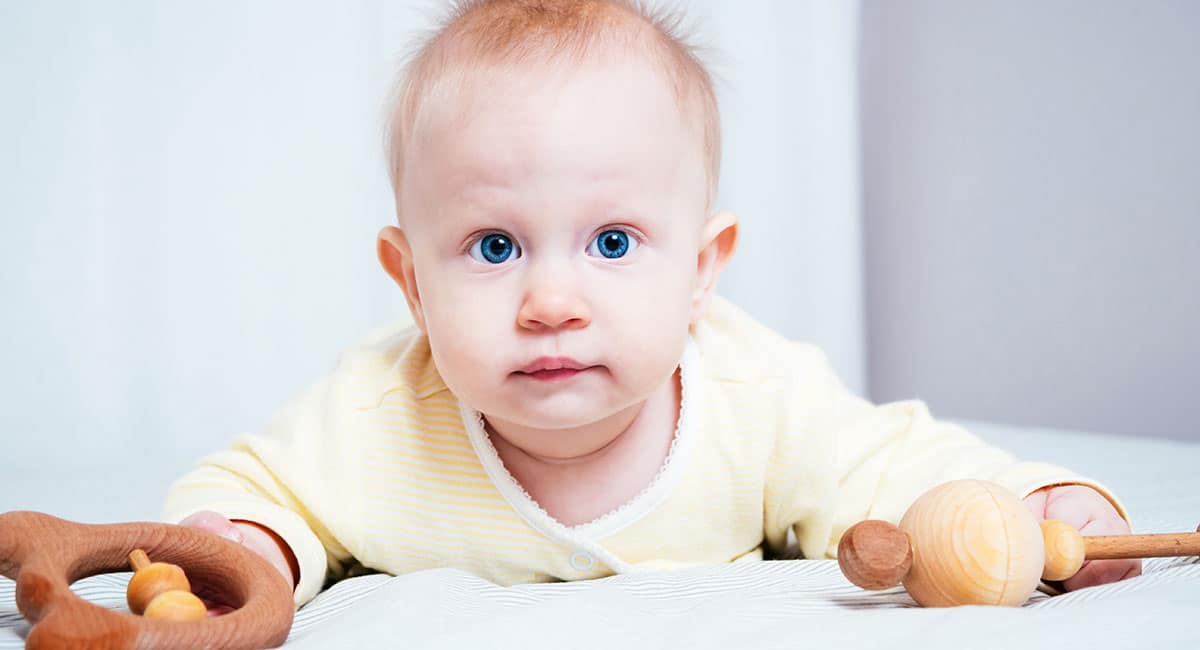
The value of play-based learning during the early years is well-proven. Therefore, any love for learning starts with a love for play.
“We call this stage ‘Healthy Beginnings’, as this first year is about ensuring babies build secure and trusting relationships with nurturing educators,” Dr Jones says.
Within this circle of secure relationships and nurturing play-based environments, parents and caregivers can support babies to explore the new and exciting world around them to the fullest.
Babies should be exposed to a gentle range of positive experiences to spark curiosity in their first 12 months.
“With a priority on personalised care for each baby, we focus on what babies need to learn and how babies like to learn. This includes sensory experiences for hands-on learning, physical play that focuses on fine motor skills, balance and coordination, and crawling and walking,” Dr Jones says.
Other areas, such as language, singing, art, music and positive socialisation during indoor and outdoor playtimes, are also included.
“Your baby’s earliest emotional, social and physical experiences will have a direct impact on their future resilience and wellbeing, so it’s important for their learning environments to have qualified and highly skilled educators to support that journey in these early days,” Dr Jones says.
Early experiences: Developing curiosity in the toddler years
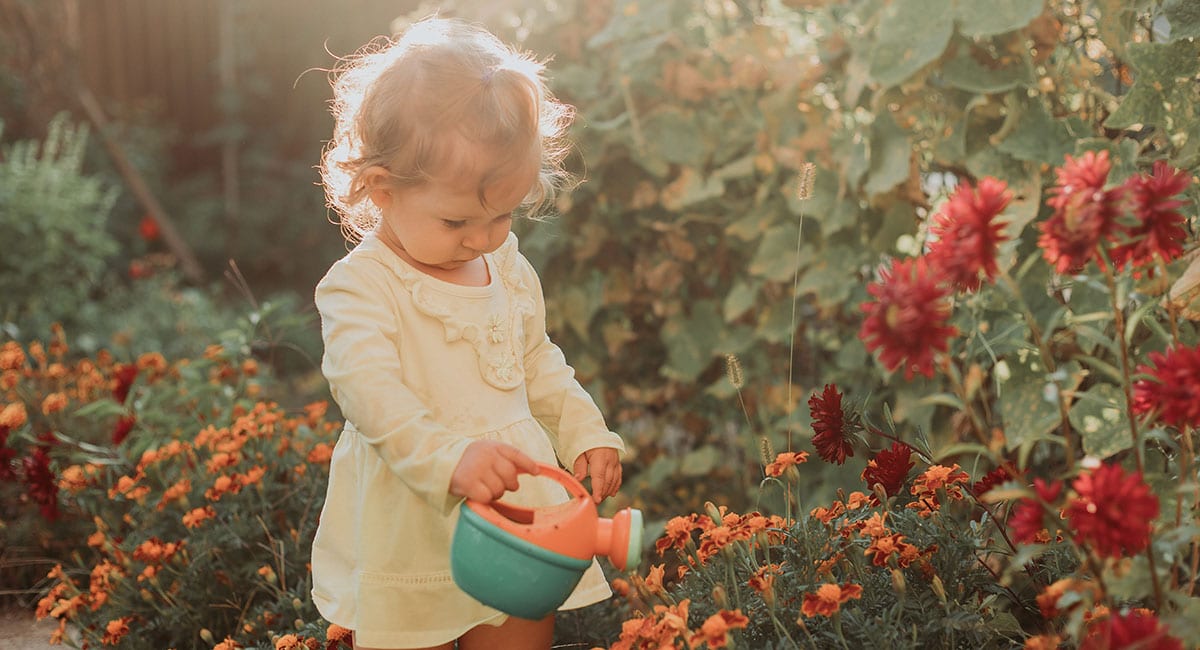
The toddler years (ages one to three) offer amazing opportunities for learning and growth. It’s when we can expand on the foundations of play-based learning to encourage curiosity, confidence and a love of learning.
“Toddlers are often described as the ‘little explorer’ age group and for good reason. Their natural curiosity about the wider world is expanding, and the opportunities for learning are expanding, too!” Dr Jones says.
Lifelong Learning Centres call this stage Early Experiences, and educators focus on a range of critical areas of learning.
“Key to their expanded curiosity of a toddler’s world is early socialisation and communication skills,” Dr Jones says.
“Our qualified educators focus on supporting children to learn how to talk and communicate well with others. In this age group early friendships form and children explore how to communicate and cooperate with each other.”
Dr Jones says Lifelong Learning Centres’ carefully planned programs are designed with the unique needs and learning dispositions of the toddler in mind.
“Play-based learning experiences, introduce an awareness of foundational concepts of science and nature, music and art, pre-literacy, pre-math foundational concepts.
“Toddlers are also at a critical stage of development to begin to learn how to regulate those big emotions, deal with challenges and frustrations and develop a sense of belonging within their family and to their community.”
Affinity Education Group recommends checking with your own centre to ensure its curriculum is aligned to the Australian Early Years Learning framework.
“The Australian Early Years Learning framework is a national pedagogy structured around positive learning experiences and play-based learning, something all of our Lifelong Learning Centres are aligned to,” Dr Jones says.
School readiness: The preschool and kindy years
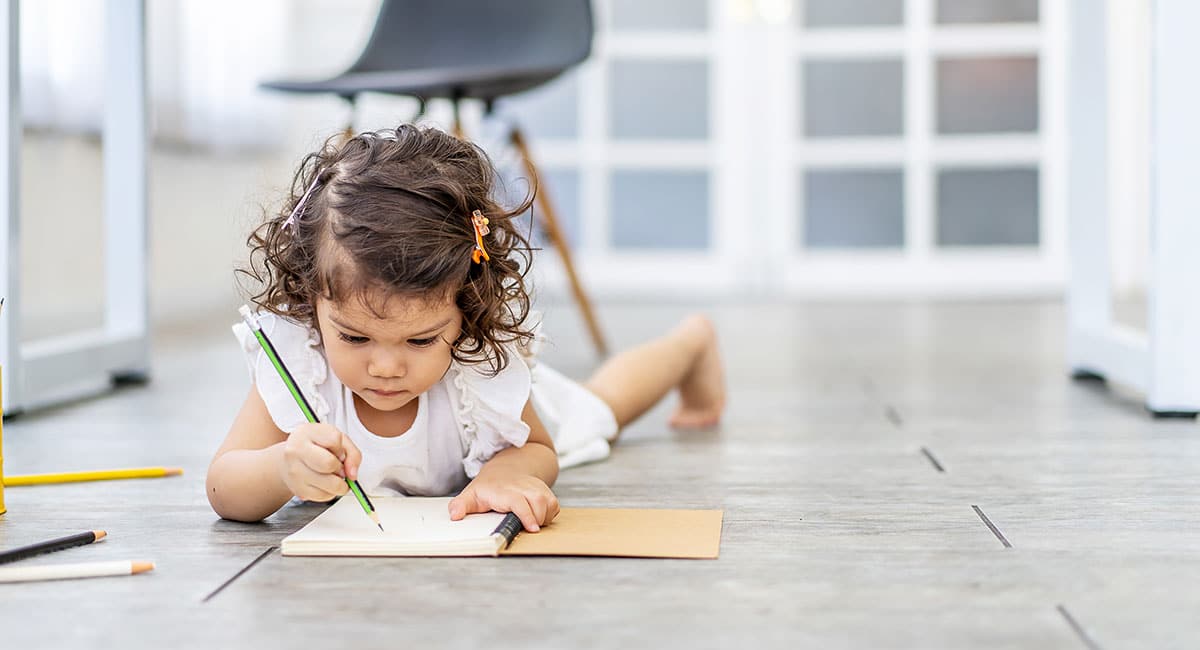
Between ages three to five is when preschools and kindergartens focus on preparing children for school. Many countries, including Australia, recognise it is essential for all children to attend an early learning program in the two years before they commence primary school. This helps successful school transition and academic performance once the child is in ‘big school’.
“Ensuring your child feels comfortable in a more structured classroom environment is crucial at this point in their lives,” Dr Jones says. “As is them having the confidence to engage in a range of learning programs and with their educators and peers.”
Exposure to stimulating experiences instills in preschool students a lifelong love of learning and builds their social, emotional and physical confidence.
Being ready for school requires much more than in previous generations. Children need foundational academic knowledge in traditional areas such as numeracy, literacy, creative arts and physical skills. However, they also need to be confident in 21st-century thinking skills, including problem-solving, collaboration, communication, and innovation. Not to mention the need for children to have basic experience with STEM (science, technology, engineering and mathematics).
These might be the focus areas of a school readiness program. However, being ready for ‘big school’ is more than academic ability.
“School readiness includes an extensive combination of play-based and teacher-led experiences,” Dr Jones says. “These help your child develop interests in a range of topics such as science, technology and math, reading and writing, sustainability and the natural world, self-expression, self-awareness and self-respect, and cultural inclusion.”
There are also ‘School Ready’ skills such as lunch box, toileting, dressing and classroom dynamics.
A lifelong love of learning
The first five years are when the magic happens for your little ones’ development. But it doesn’t stop there.
“Quality early education is incredibly valuable in the first five years of a child’s life,” Dr Jones says. “It’s critical that child care centres provide a safe, supportive place for your child’s self-identity and awareness to grow. Curiosity, critical thinking, and the desire to learn must always be nurtured.”
She says enriching early experiences that foster a genuine love of learning in the first five years of a child’s life can have a positive impact that lasts throughout their schooling. This can lead to better outcomes and success in later life.
About Affinity Education Group
Affinity Education Group is trusted by 15,000 families Australia-wide. Book a childcare centre tour today and see why their community of Lifelong Learning Centres are so popular. Enrolments are now open. Book a tour at a centre near you. All of Affinity Education Group’s Bambini Early Learning Centres on the Sunshine Coast are now Milestones Early Learning Centres.
Servicing Brisbane, Gold Coast, Sunshine Coast and beyond, Kids on the Coast is an online guide for parents. With kids events and activities, attractions & things to do with kids, schools and education, school holiday guides, health & wellbeing for families, parenting and lifestyle news. Located on Gold Coast, Sunshine Coast & Brisbane, QLD.
